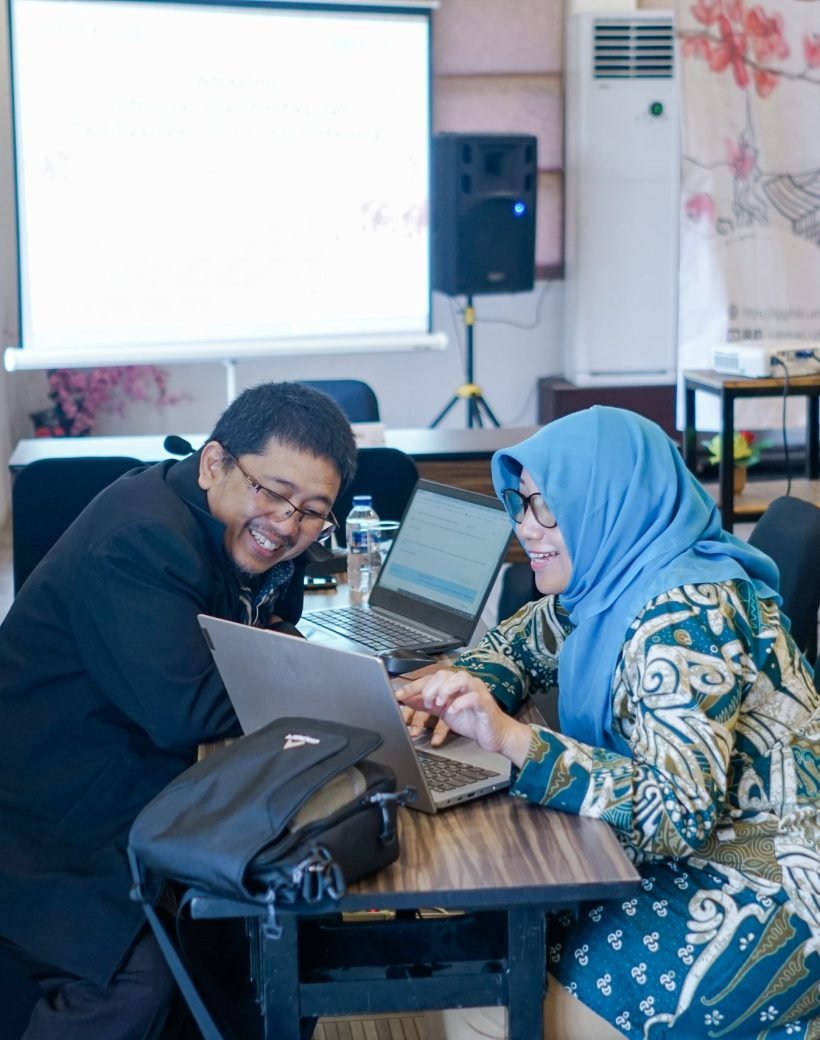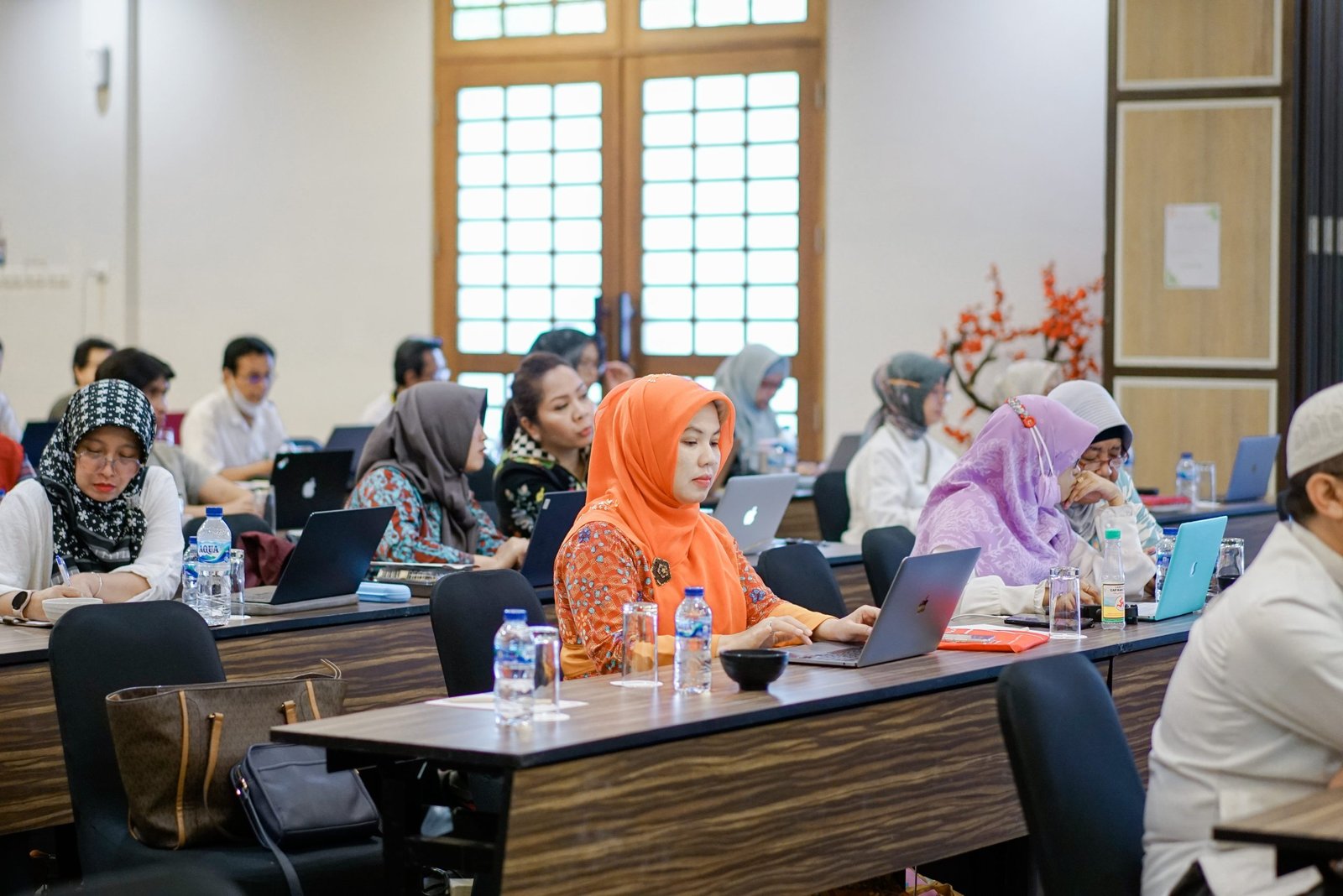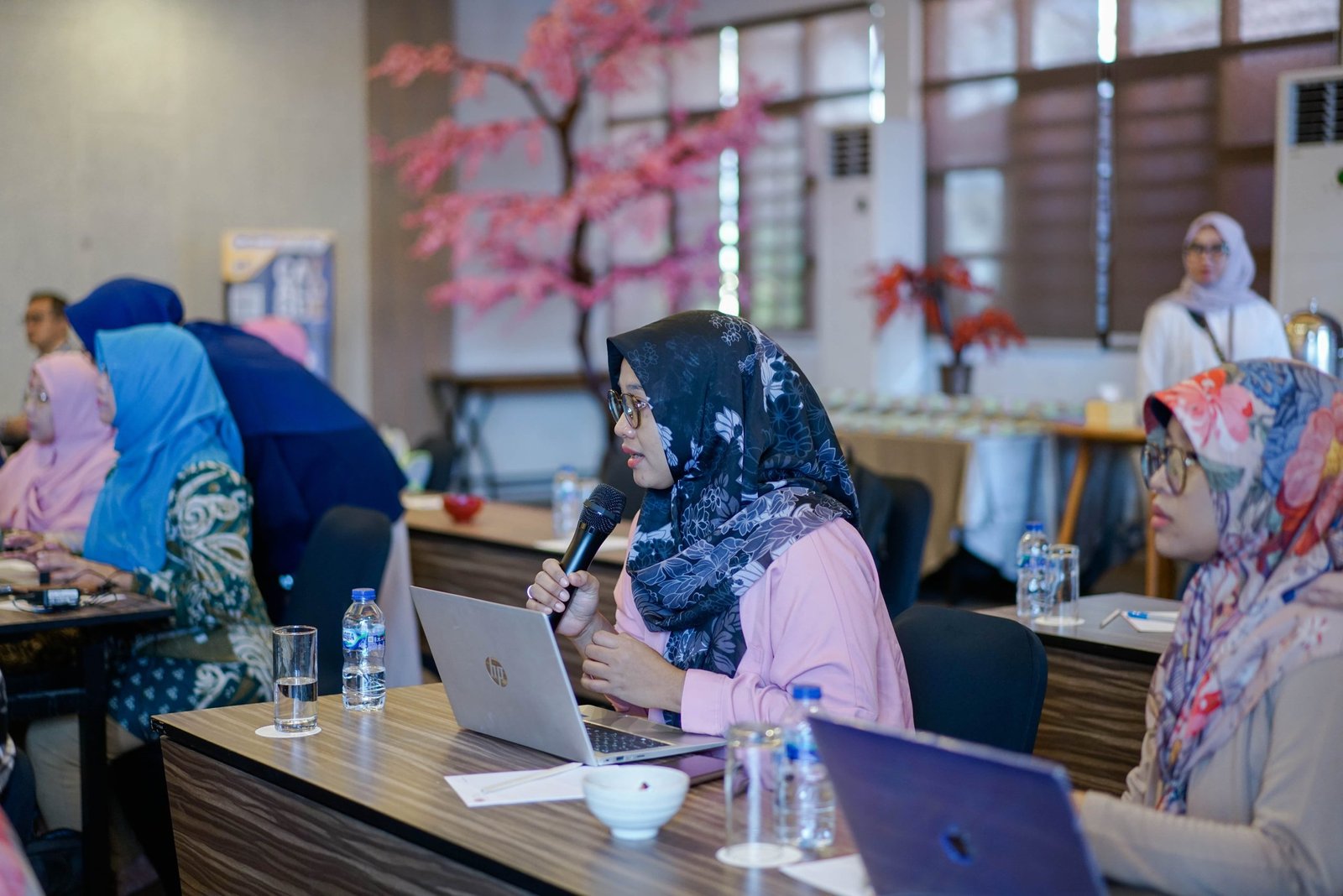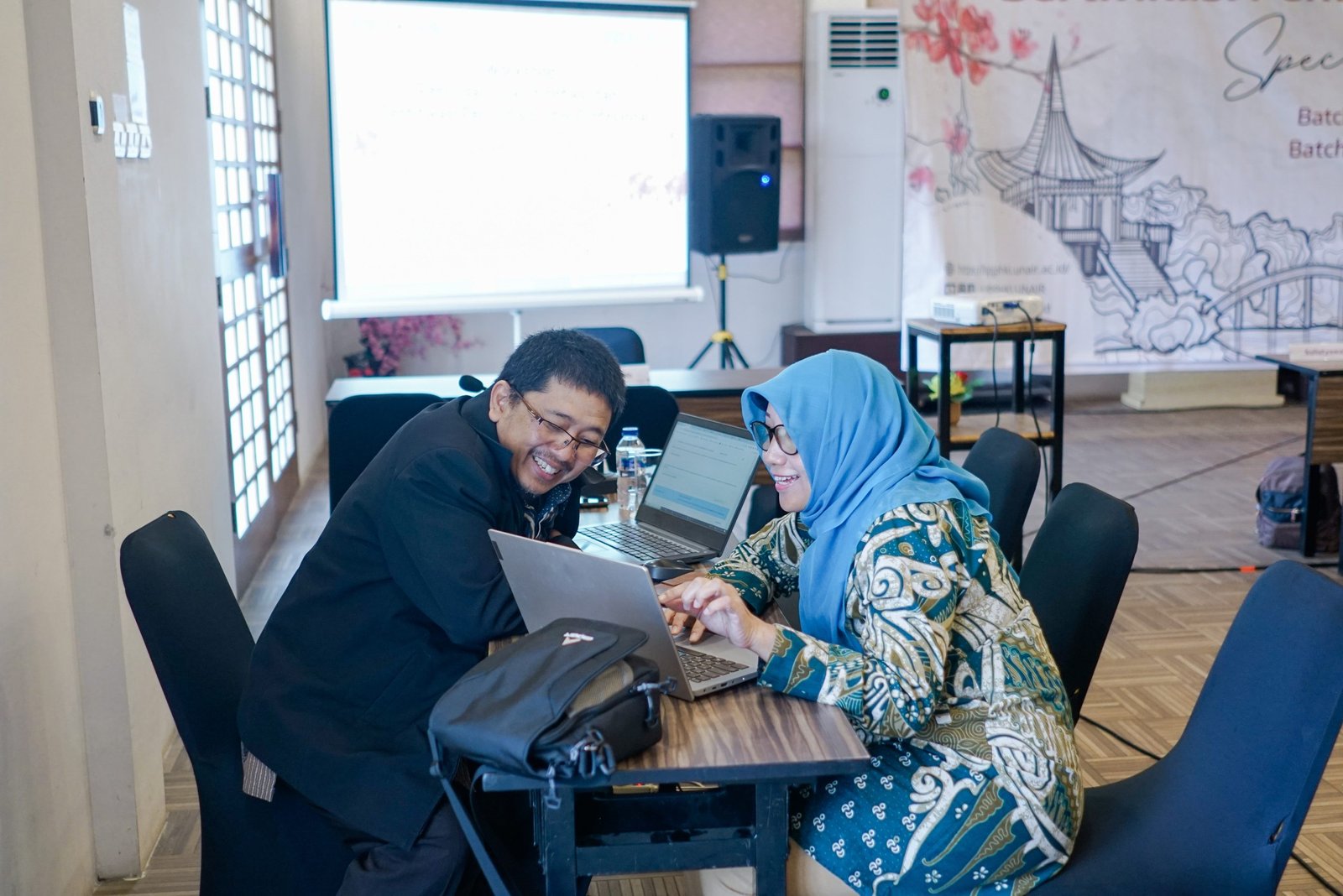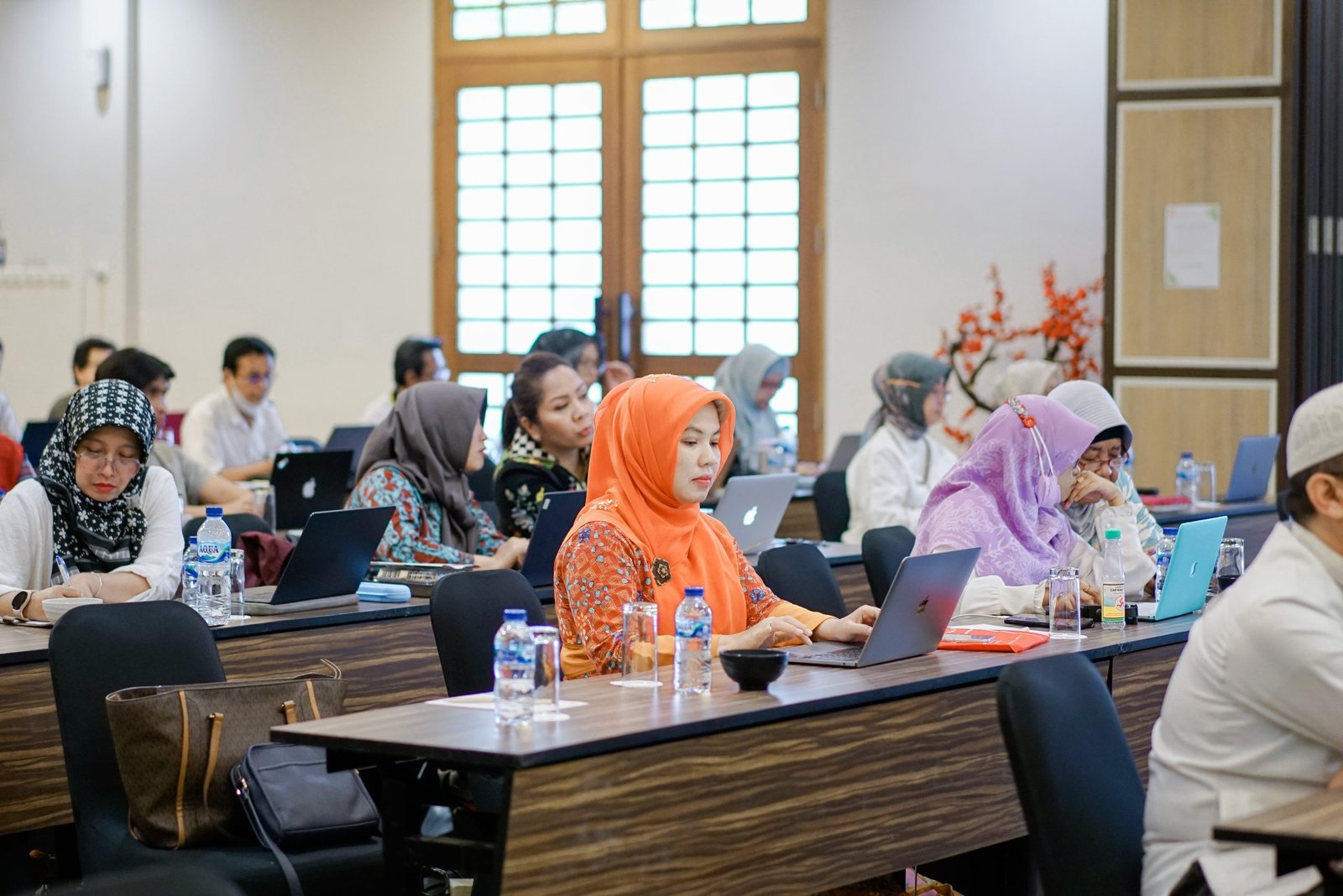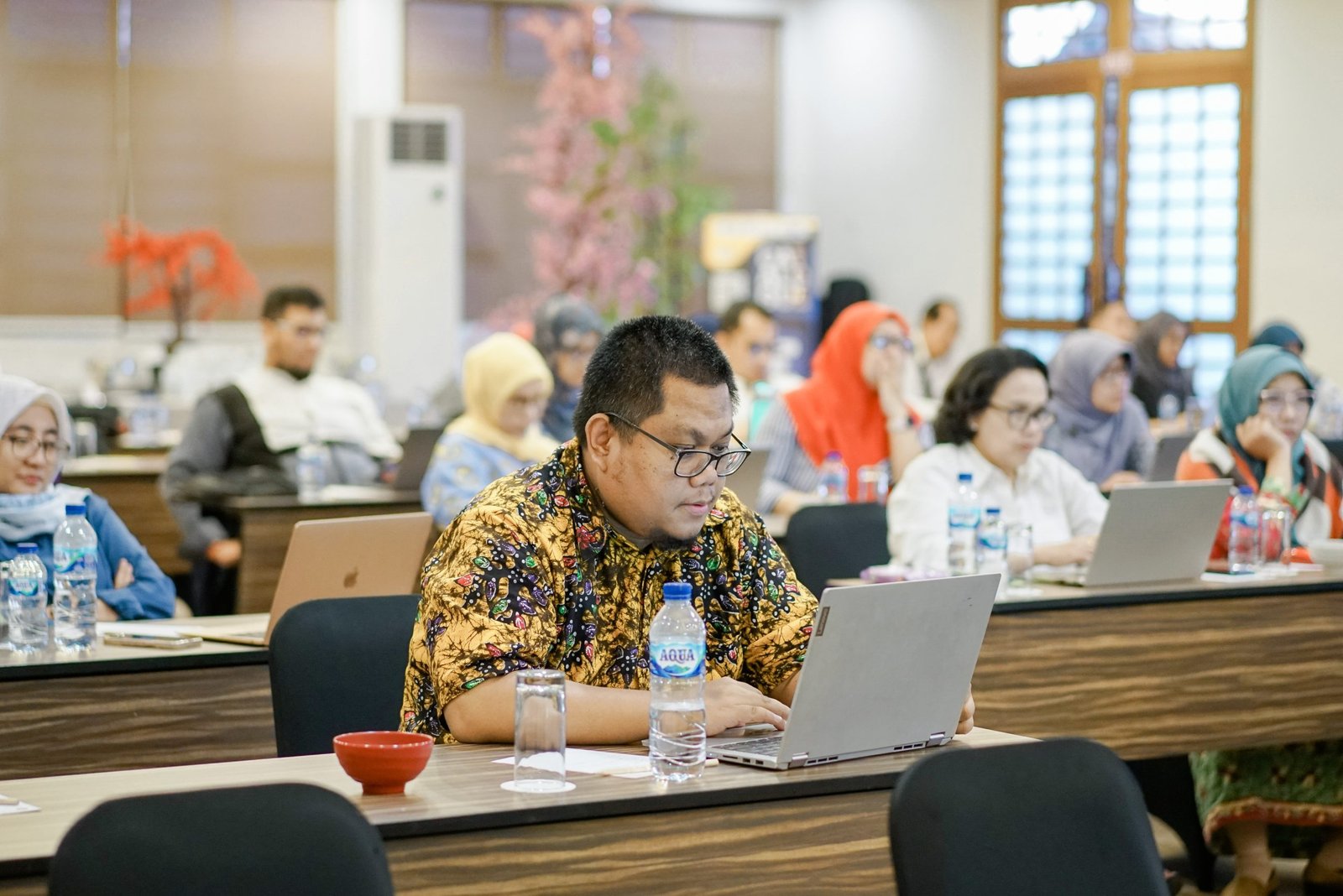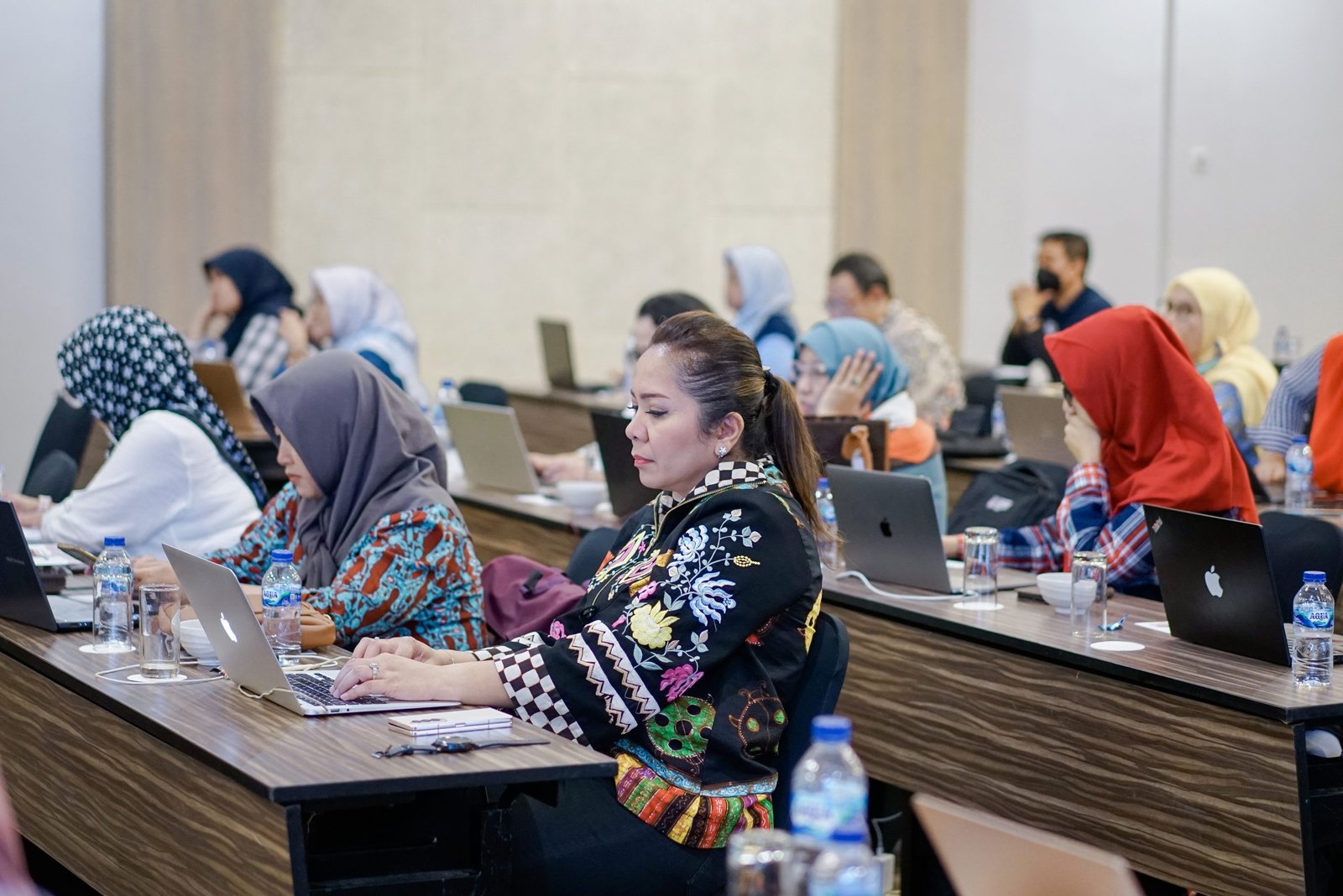Bitindo
Bitindo shall enhance blockchain technology to revolutionize academic writing universe in several ways:
1. Enhanced Security and Trust:
Plagiarism Prevention: Blockchain can create an immutable record of academic works, making it easier to detect plagiarism and ensure originality. Each paper can be time-stamped and registered on the blockchain, providing a clear and tamper-proof history of its creation. Secure Storage and Sharing: Research data and academic papers can be securely stored on a decentralized blockchain network, reducing the risk of data loss or unauthorized access. This can also facilitate secure sharing of research data among collaborators.
2. Improved Efficiency and Transparency:
Streamlined Peer Review: Blockchain can facilitate a more efficient and transparent peer-review process. Reviewers can be anonymously registered on the blockchain, and their reviews can be securely stored and tracked, reducing bias and delays. Automated Copyright Management: Smart contracts on the blockchain can automate copyright management and royalty distribution, ensuring that authors are fairly compensated for their work.
3. Increased Accessibility and Collaboration:
Open Access Publishing: Blockchain can support open access publishing models by providing a platform for secure and transparent distribution of academic works. This can increase the accessibility of research to a wider audience.
Collaborative Research: Blockchain can facilitate collaborative research by providing a shared, secure platform for researchers to work together on projects. This can help to accelerate the pace of discovery.
4. New Incentive Models:
Tokenized Rewards: Researchers can be rewarded with tokens for their contributions to academic writing, such as publishing high-quality papers or peer-reviewing others' work. This can create a more sustainable and incentivized academic ecosystem.
Challenges and Considerations:
- Scalability: Blockchain technology needs to be scalable to handle the large volume of academic data and transactions.
- Integration: Integrating blockchain technology with existing academic infrastructure and workflows can be challenging.
- Awareness and Adoption: Widespread adoption of blockchain technology in academia will require increased awareness and education about its potential benefits.
Despite these challenges, blockchain technology holds great promise for transforming academic writing by enhancing security, transparency, efficiency, and collaboration. As the technology matures and adoption increases, we can expect to see significant changes in the way academic research is conducted, published, and disseminated.
